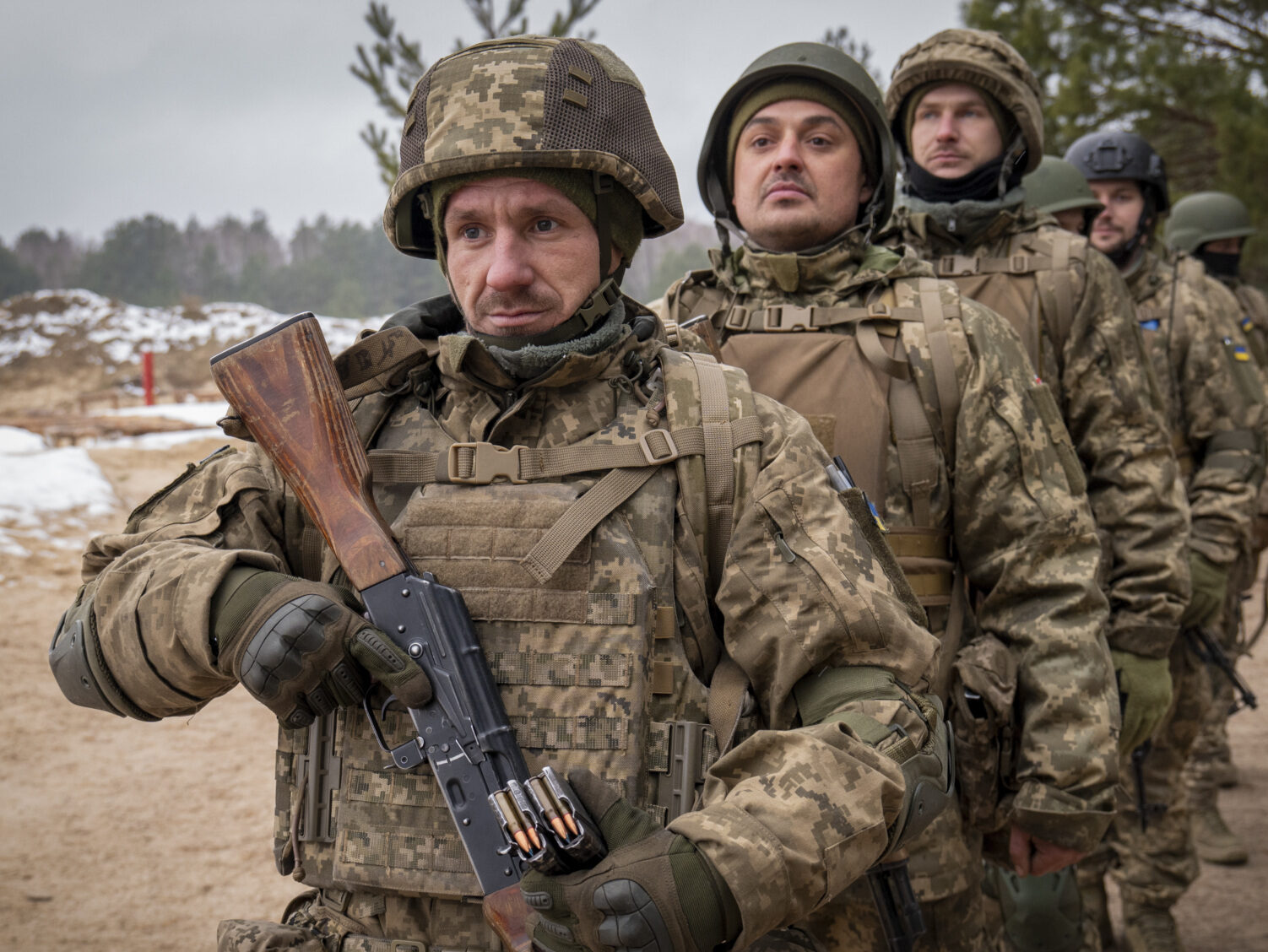Peace negotiations for the Ukraine war may “perhaps” begin this winter says the Prime Minister of Poland, a country that has been among the most vocal supporters of Kyiv amid Russia’s invasions of the past decade.
Prime Minister Donald Tusk, the veteran Eurocrat who returned to the leadership of Poland last year as the leader of a globalist coalition — locking out the conservatives who had ruled Poland for years and which are the largest party — spoke of the coming Polish leadership of the European Council on Tuesday, saying he hoped it would contribute to peace in Ukraine.
The tone is quite a shift for the Pole, given his country makes much of feeling under extreme threat from Moscow’s territorial ambitions and its support for Ukraine to defeat Russia at practically any cost. While any peace negotiations are likely to be dominated by the United States under the incoming Trump Presidency, Tusk nevertheless said he wanted to use Poland’s turn at the top of the EU table to influence events.
Tusk said: “I would like it very much for Poland to be the country that will not only mark its presence all the time, but will also set the tone of the decisions that are to bring us security and safeguard Poland’s interests”.
Most remarkable was Tusk’s admission that peace talks for the Ukraine conflict, a priority for President Trump but until very recently a taboo subject as it presumably implies some sort of accommodation for Russia to get a ceasefire, that they may begin soon. Prime Minister Tusk said: “Our presidency will have, among others, joint responsibility for the shape of the political landscape, for what the situation will look like probably during the negotiations that, perhaps – there are still question marks here – will begin in the winter of this year”.
Donald Tusk will meet with President Emmanuel Macron on Thursday, and it is expected the men will discuss the talks the French leader had with Donald Trump and Ukrainian president Volodymyr Zelensky at the weekend when they visited Paris. The Polish leader says he also expects to have talks with the head of the German opposition — likely to be the next Chancellor after elections early next year — and the Ukrainian President directly, and that he’s in “constant contact” with Baltic states.
A future visit by the British Prime Minister Sir Keir Starmer was also announced, but no date for the visit. As previously reported, the United Kingdom, France, and Poland have emerged as a nexus of states in Europe working to keep Ukraine in the war even if the United States decides the conflict has gone on long enough and sets up peace talks.
Poland has branded its upcoming Presidency of the European Council as one focussed on “security”. Polish minister for EU Affairs Adam Szłapka said on Tuesday: “There is nothing more important today than taking responsibility for our common security”.
